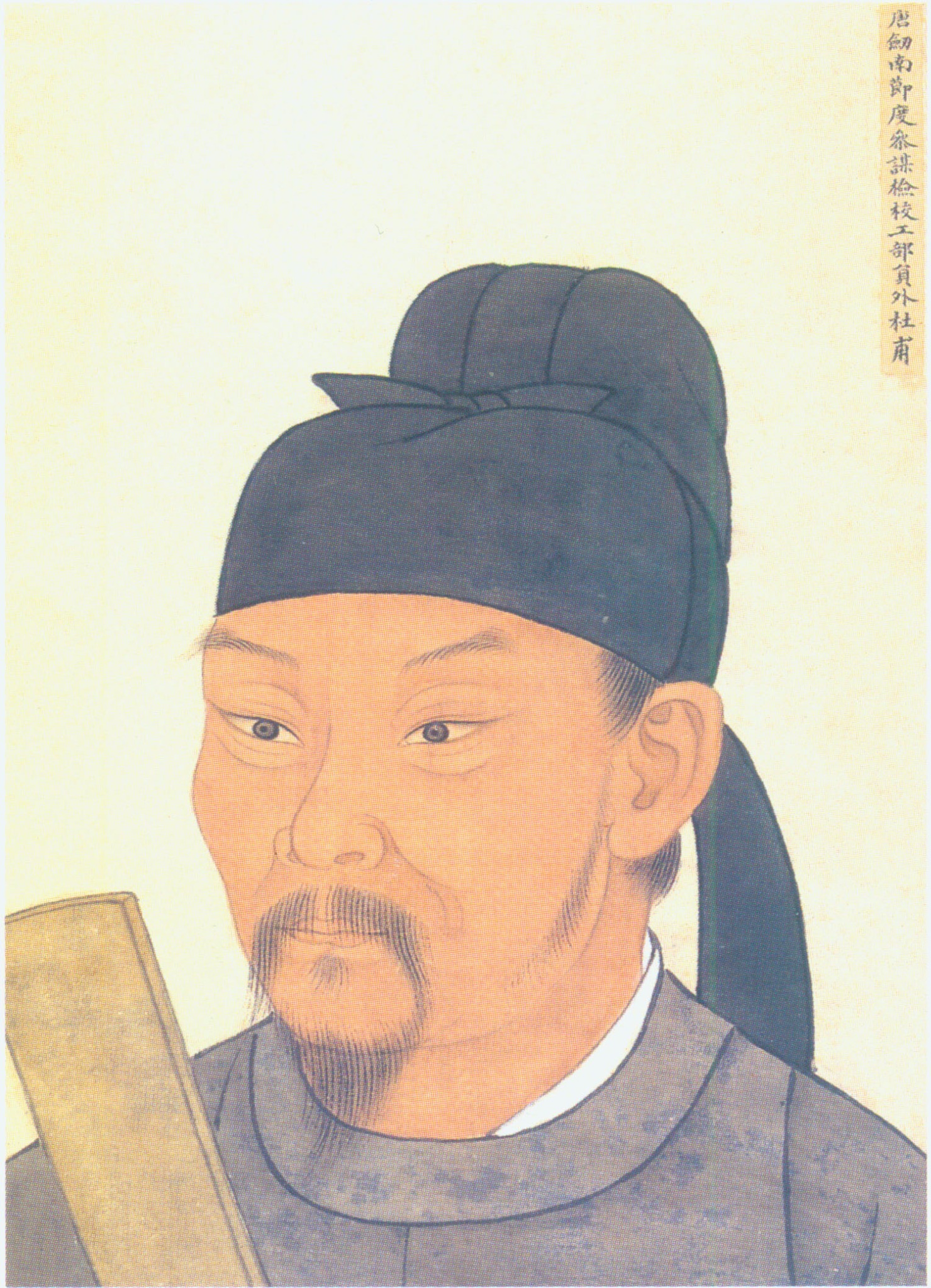“The good rain knows its season.”
Fonte: Kim Cheng Boey, Between Stations: Essays (2009), p. 102
Contexto: Spring Night, Delighting in Rain (A translation by Burton Watson)
The good rain knows when to fall,
stirring new growth the moment spring arrives.
Wind-borne, it steals softly into the night,
nourishing, enriching, delicate, and soundless.
Country paths black as the clouds above them;
on a river boat a lone torch flares.
Come dawn we'll see a landscape moist and pink,
blossoms heavy over the City of Brocade.
